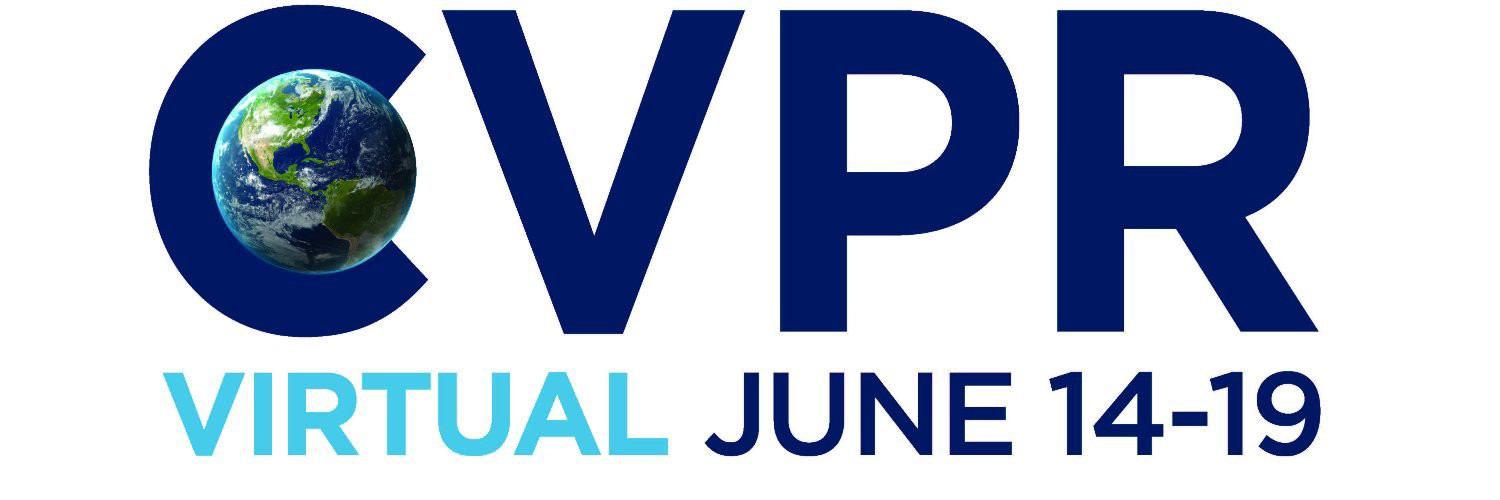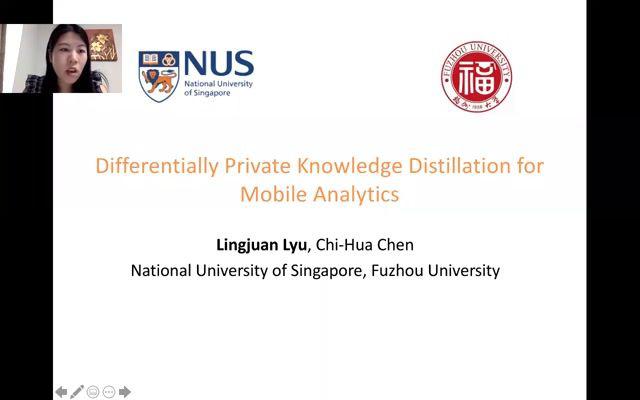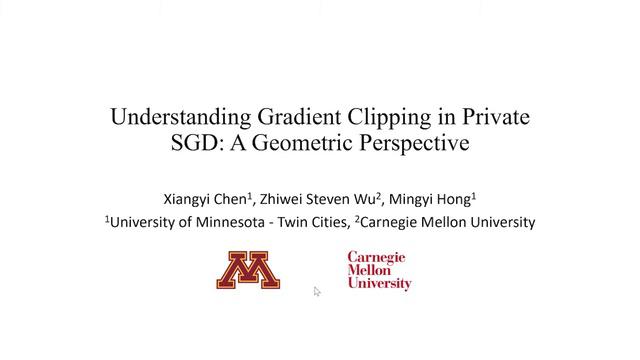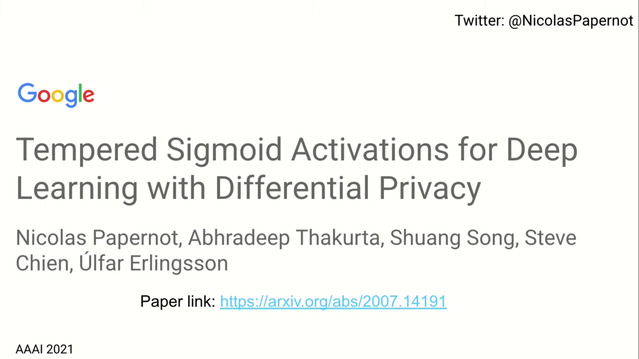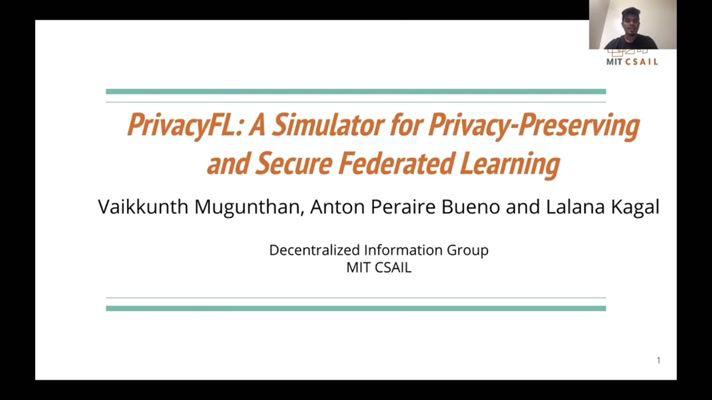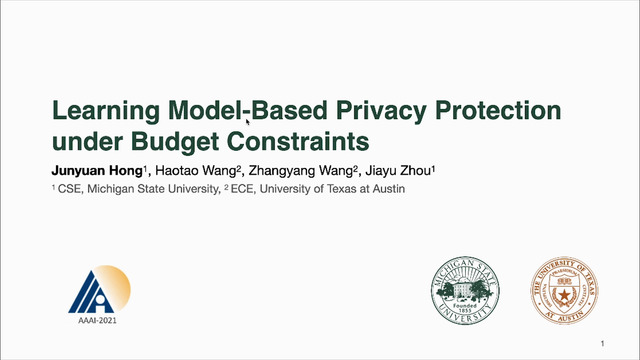Abstract:
With increasing ethical and legal concerns on privacy for deep models in visual recognition, differential privacy has emerged as a mechanism to disguise membership of sensitive data in training datasets. Recent methods like Private Aggregation of Teacher Ensembles (PATE) leverage a large ensemble of teacher models trained on disjoint subsets of private data, to transfer knowledge to a student model with privacy guarantees. However, labeled vision data is often expensive and datasets, when split into many disjoint training sets, lead to signicantly sub-optimal accuracy and thus hardly sustain good privacy bounds. We propose a practically data-efcient scheme based on private release of k-nearest neighbor (kNN) queries, which altogether avoids splitting the training dataset. Our approach allows the use of privacy-amplication by subsampling and iterative renement of the kNN feature embedding. We rigorously analyze the theoretical properties of our method and demonstrate strong experimental performance on practical computer vision datasets for face attribute recognition and person reidentication. In particular, we achieve comparable or better accuracy than PATE while reducing more than 90% of the privacy loss, thereby providing the most practical method to-date for private deep learning in computer vision.

